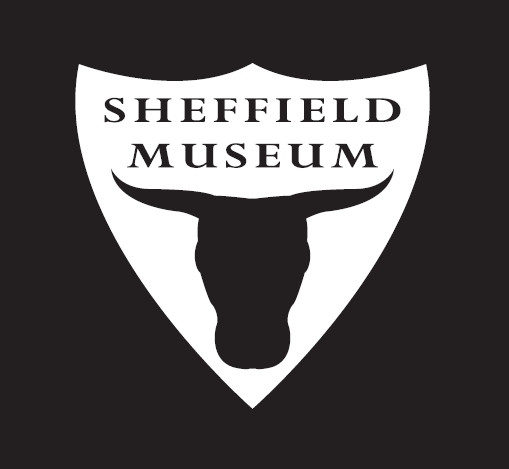Samples
Click on the titles below to open or download PDF samples. For Ghosts In The Churchyard, Ghosts In The Churchyard (short version), and Peasants and Thieves, the samples are all taken from the same part of the story to allow for a better comparison.
If any of these samples do not download properly, please email us, and we will email the sample to you
Curriculum
Specific Ways in Which These Novels and Teacher's Guide Address Your Curriculum in:
Canada
Ontario
These novels and the Teacher's Guide address many specific expectations of the Revised 2004 Ontario Curriculum - Medieval Unit, such as:
Students will:
Students will:
- Describe Aspects of daily life for children, men and women (e.g., food, housing, clothing, health, religion, recreation, festivals, crafts, justice, roles);
- Describe the hierarchical structure of medieval society and the types of people in it (e.g., peasants, officials, scholars, clergy, merchants, artisans, royalty, nobles), and explain how and why different groups cooperated or came into conflict at different times.
- Describe characteristics of castles, including conflict.
- Describe some of the ways in which religions shaped medieval society (e.g. Catholicism, events and practices: pilgrimages, confession, festivals; occupations: clergy, nuns, monks; buildings: monasteries, parish churches, chapels)
- Describe medieval agricultural methods and innovations (e.g., common pasture, three-field rotation, fertilizers, the padded horse collar, the wheeled plough, mills), and explain why the innovations were important.
- Draw and label maps or create models to illustrate features of medieval landscapes (e.g., a village)
- Read and interpret maps relevant to the period.
- Compare aspects of life in a medieval community and their own community (e.g., with respect to housing, social structure, recreation, land use, geography, climate, food, dress, government)
- Make connections between social or environmental concerns of medieval times and similar concerns today (e.g., pollution, the spread of disease, crime, warfare, poverty)
Manitoba
- Existing Grade 8 Social Studies Curriculum
- how people lived within past societies
- how various ways of life compare with contemporary lifestyle
- 8-KH-035 Describe characteristics of medieval Europe. Examples: feudalism, social and political organization, plagues, medical practices...
- 8-KP-052 Describe the influence of the Catholic Church in medieval Europe.
- 8-KE-057 Identify how work and education were organized in medieval Europe.
- 8-KE-058 Describe the impact of technological developments from the fifth to fifteenth centuries.
- New Grade 8 Social Studies Curriculum
- Cluster 4: Transition to the Modern World (Circa 500 to 1400)
- "life in medieval Europe"
Saskatchewan
Grad Nine Social Studies
- Topic Seven: Development of the Medieval Worldview - Feudalism
- Topic Eight: The Medieval Worldview: technological change and innovation
British Columbia
Grade 8 Social Studies
- Society and Culture
- compare daily life, family structures, and gender roles in a variety of civilizations
- Politics and Law
- Ask students to role-play period characters (e.g., a serf on a medieval manor
- How would your daily life be affected by laws?
- Who holds power, and how is it wielded?
- What influence would you have and how would you use it?
- Economy and Technology
- research and prepare information packages on one basic economic system of the period 500 to 1600 (e.g., manor system, capitalism). Research should include relationship to daily life
U.S.A.
California
Grade Seven History-Social Science Content Standards
World History and Geography: Medieval and Early Modern Times
- 7.6 Students analyze the geographic, political, economic, religious, and social structures of the civilizations of Medieval Europe.
- 3. Understand the development of feudalism, its role in the medieval European economy, the way in which it was influenced by physical geography (the role of the manor and the growth of towns), and how feudal relationships provided the foundation of political order.
- 5. Magna Carta
Illinois Learning Standards - Social Science-History 16.B.3c (W)
- Identify causes and effects of European feudalism
Minnesota
Rochester
Social Studies - World History - develops an understanding of Medieval society
New Jersey
Social Studies - 6.3 World History
- C. Expanding Zones of Exchange and Interaction to 1400 CE
- 6. Explain the medieval origins of constitutional government in England (e.g., Edward I, Magna Carta, Model Parliament of 1295, Common Law).
- 7. Discuss the evolution of significant political, economic, social and cultural institutions and events that shaped European medieval society, including Catholic and Byzantine churches, feudalism and manorialism, the Crusades, the rise of cities, and changing technology.
These novels address several areas of the National Curriculum - (History - Key Stage 3 - Sec. 8 - Britain 1066-1500), such as:

